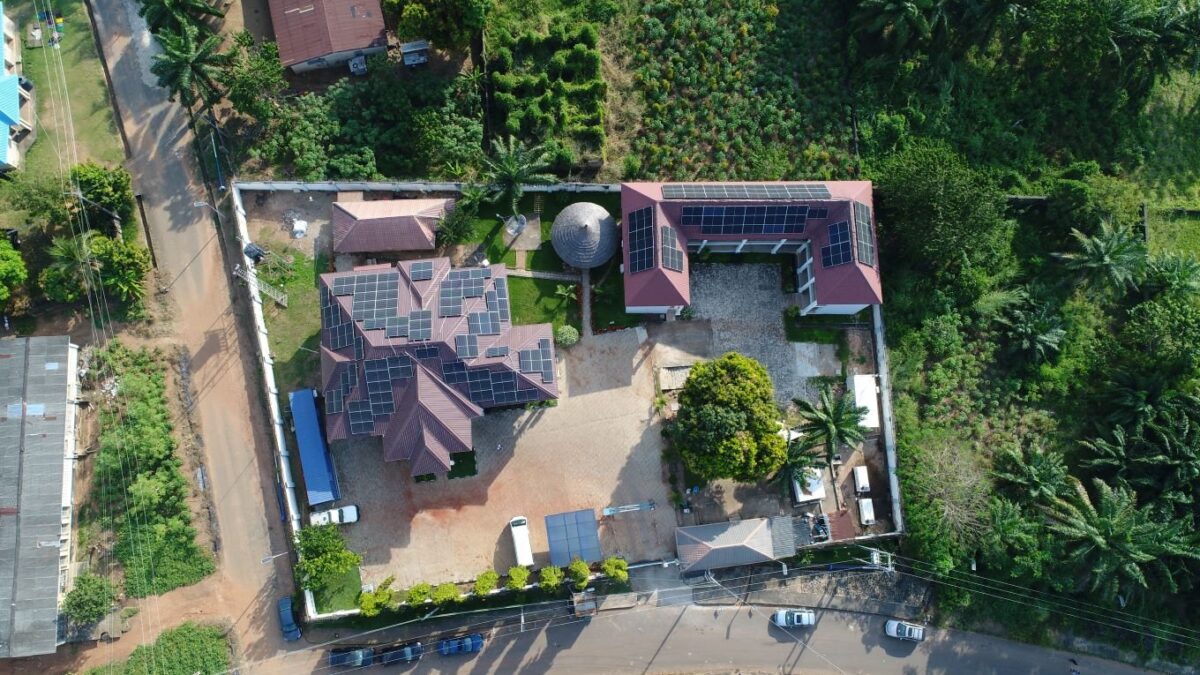The UNHCR said that it plans to power most of its offices with solar energy, targeting locations responsible for 80% of its infrastructure-related CO2 emissions. Office emissions from its 550 sites worldwide account for 56% of its total carbon footprint.
“There are currently seven offices that have been equipped with solar systems, six of those installed in Nouakchott and Bassikounou in Mauritania and Abuja, Lagos, and Ogoja in Nigeria,” said the UNHCR. “The systems have been operational since September 2024. With a total installed solar capacity of 360 kW, the use of diesel-fueled generators has been decreased, reducing CO2 emissions by up to 45% in Mauritania and up to 85% in Nigeria yearly.”
In addition to Mauritania and Nigeria, the UNHCR powers its Pretoria office in South Africa with solar energy. The agency is installing solar systems in three offices in Kenya and Uganda and two in Lebanon, with plans to solarize 18 offices by 2025.
“Stable and reliable power supply for UNHCR offices at these locations are crucial, as they provide essential protection services for forcibly displaced and stateless people,” the agency said. “Our solarization projects are expected to result in a 60% to 90% reduction in carbon emissions for most operations and financial savings of up to 25%, depending on country context and site-specific conditions.”
This content is protected by copyright and may not be reused. If you want to cooperate with us and would like to reuse some of our content, please contact: editors@pv-magazine.com.



By submitting this form you agree to pv magazine using your data for the purposes of publishing your comment.
Your personal data will only be disclosed or otherwise transmitted to third parties for the purposes of spam filtering or if this is necessary for technical maintenance of the website. Any other transfer to third parties will not take place unless this is justified on the basis of applicable data protection regulations or if pv magazine is legally obliged to do so.
You may revoke this consent at any time with effect for the future, in which case your personal data will be deleted immediately. Otherwise, your data will be deleted if pv magazine has processed your request or the purpose of data storage is fulfilled.
Further information on data privacy can be found in our Data Protection Policy.